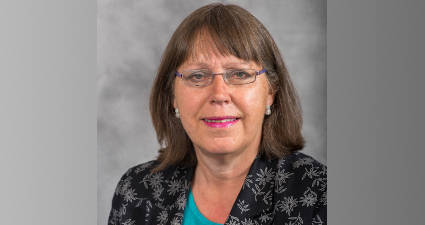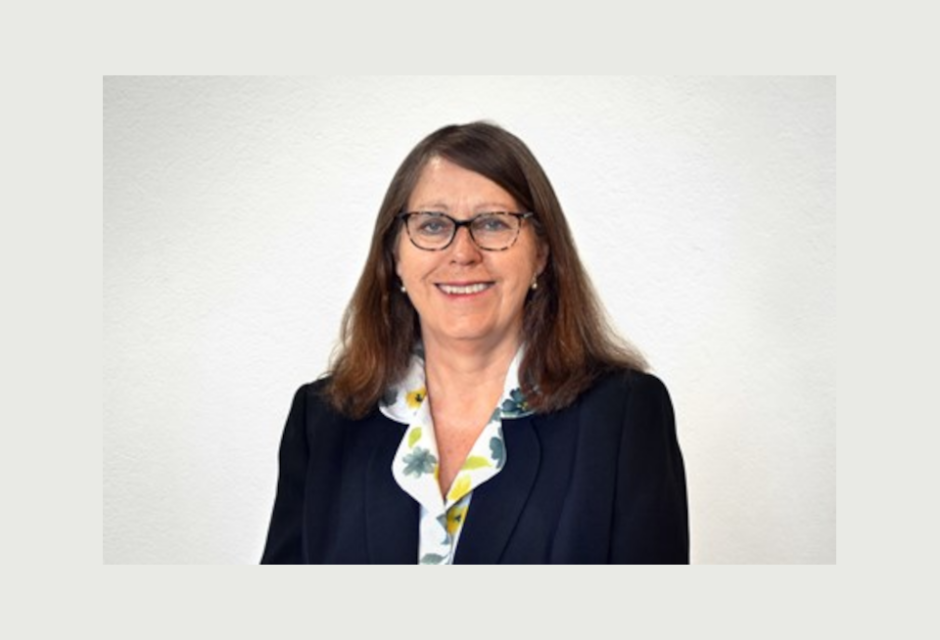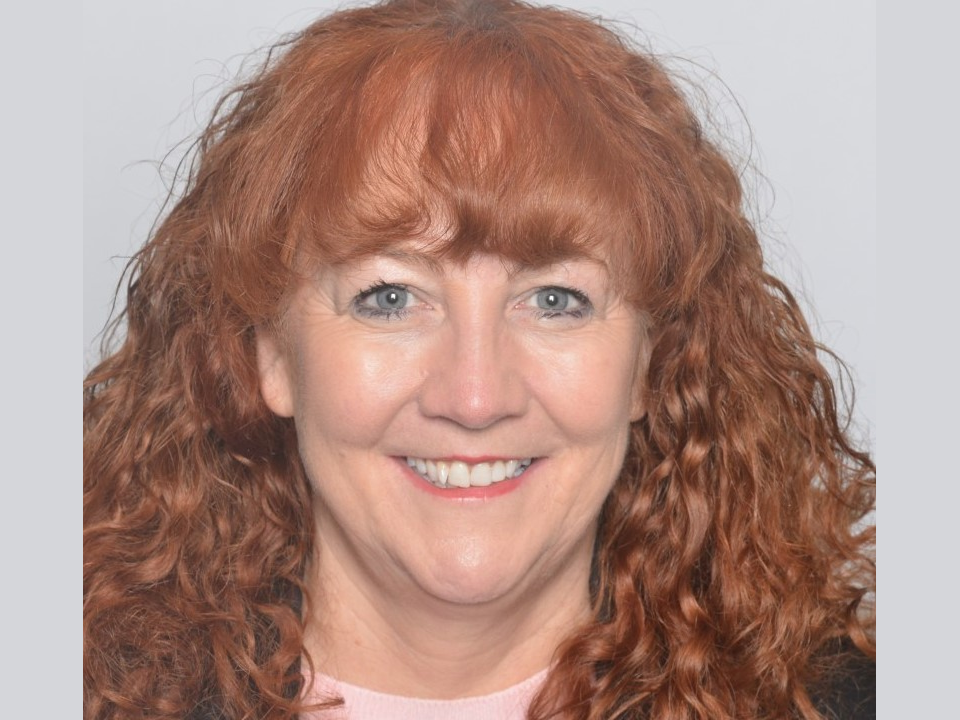
Edwina Grant OBE
Chair of the ADCS Associates Network
Despite no longer being a serving Director of Children’s Services, I still get to keep involved through my work with the ADCS Associates’ Network and I wanted to reflect on how inclusive practices have changed since I first started out as a teacher. I have been in classrooms where practice has much improved since I last taught. I see creative inclusion practices, an understanding of children’s difficulties and good communication with parents. Yes, time and investment will be needed to make every classroom as inclusive as it can be, and there will need to be further investment to provide more in-school resource provisions for children where mainstream classrooms may be too much to ask of them.
I see councils working to deliver their plans following their participation in the DfE sponsored Delivering Better Value scheme and the DfE Change Programme starting to effect change at a local level. Having recently chaired a meeting to construct a partnership response to the trial template for the Local Inclusion Plans, it was good to see DfE and NHS colleagues sharing this challenge with us.
Back in the mid 1980’s, as a classroom teacher, I recall being in a meeting to construct an education and care plan for a young person in the secondary school where I worked. With partner support, we created a statement of Special Education Needs (what’s now become an EHCP). It was important for the young person to stay in that particular rural high school; he was part of the community, and his social life was important to him, so we knew that with the right classroom resource he was able to stay. What I now reflect on, was that I had a range of other children in the class with SEND, but plans were rarer. So, would it have helped me as a teacher to have another five or six EHCPs on file alongside existing resource? This was before national curriculum, SATS and the current Ofsted Framework, of course. Would it have helped me to have more training for myself, more support staff, advice on meeting parent confidence and expectations, or a different expectation of the curriculum?
I see teachers today supported by excellent technology, working in creative teams, adapting the national curriculum, and skilfully working around many constraints. However, I also see teachers struggling with the lack of availability of speech and language support, helping children with mental health difficulties alongside other issues at home, and concerned that budget or inspection pressures may affect their work. The question for me is what more do today’s teachers need over and above the help we are already putting in, and how can we ensure we listen to what they really need?





